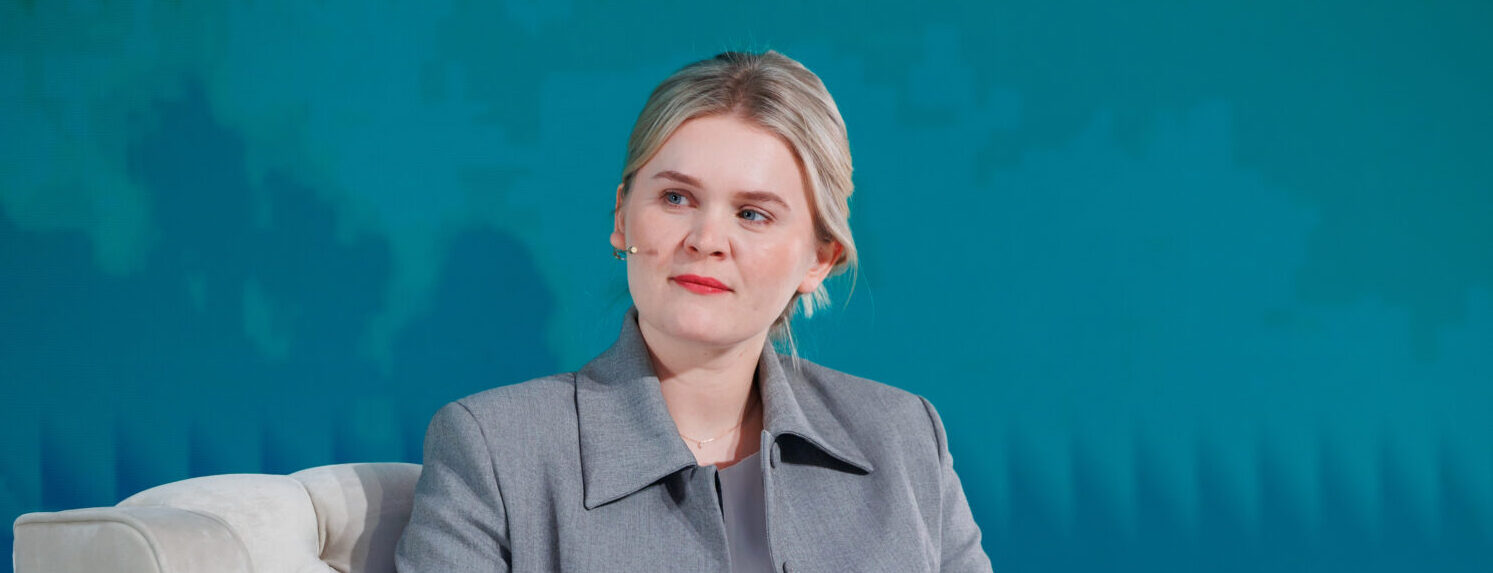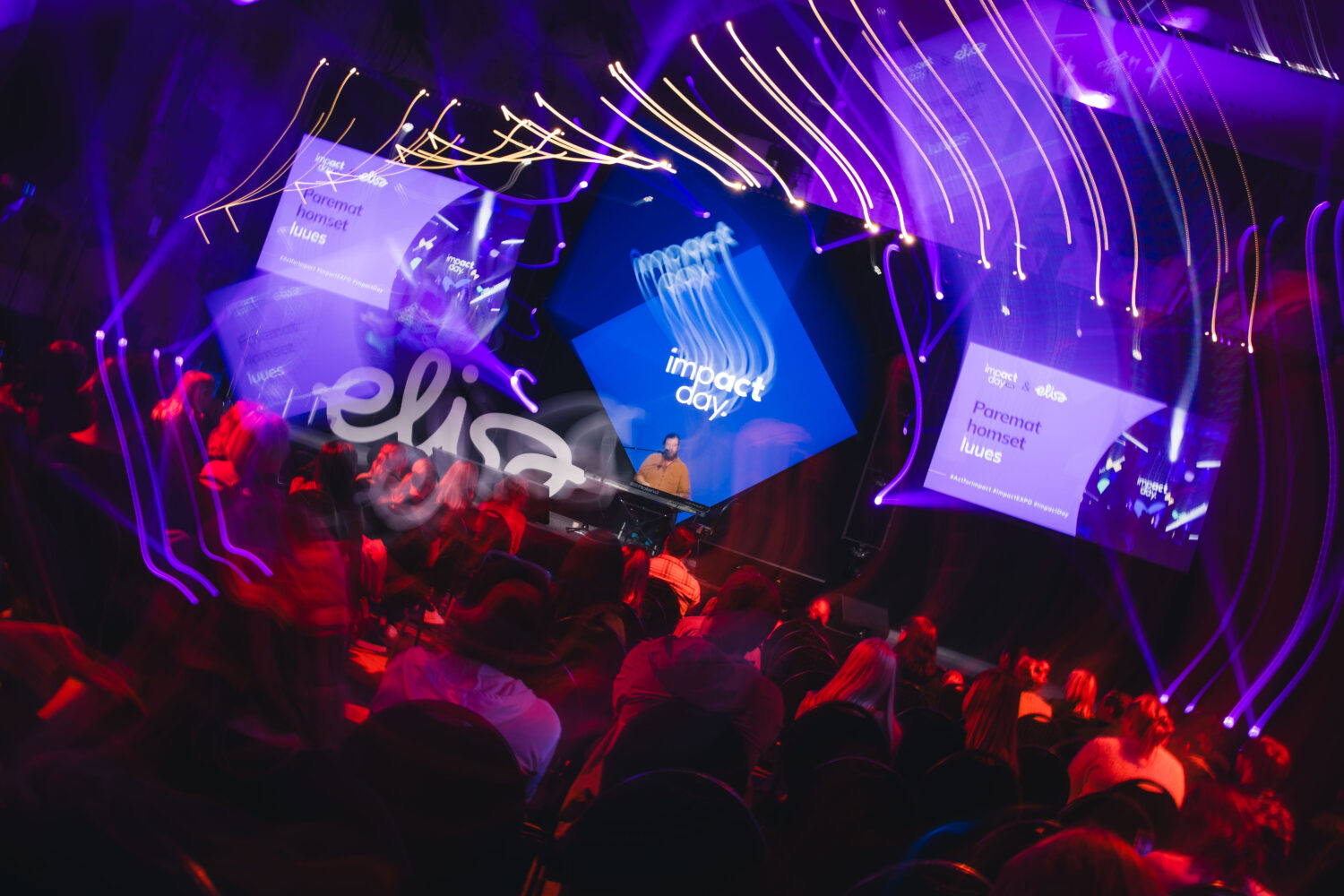Impact Day in conversation with Kädi Ristkok.
Kädi Ristkok leads the Estonian Cleantech Association and the pan-Baltic think-tank Cleantech for Baltics, driving initiatives that push the cleantech sector forward across the region. With a strong background in climate policy and sustainable innovation, she plays a pivotal role in promoting clean technologies and accelerating the transition to a resilient, clean economy.
What’s the one change you think will really transform your industry in the next 5 years?
The real game-changer will be when clean technologies stop being seen as a niche and instead become the foundation of our economy and security. In the next five years, I believe cleantech will be fully integrated into industrial strategy, defence resilience, and everyday consumer choices. Not just because it’s “sustainable,” but because it’s the smarter, cheaper, and safer option.
What’s one common phrase about sustainability you wish companies would stop using?
“Green is nice, but expensive.” That mindset is outdated. Clean technologies already deliver efficiency, competitiveness, and energy security. When businesses frame sustainability as a cost rather than an investment, they miss the opportunities sitting right in front of them.
What keeps you motivated and inspired while driving meaningful change?
Entrepreneurs who dare to innovate in places where others only see barriers. Watching a small team with a bold idea grow into a company that reshapes industries is incredibly powerful. And knowing that our work — building ecosystems and policy bridges — helps them succeed keeps me motivated.
What’s an important truth in your field that hardly anyone talks about?
Cleantech isn’t only about the environment. It’s about sovereignty and resilience. Energy independence, supply chain security, and industrial competitiveness all depend on how quickly we can adopt and scale clean technologies. This isn’t just a climate conversation — it’s about Europe’s place in the world.
If you could change a few things about Europe’s future, what would you focus on to help it thrive?
I’d focus on three things:
- Making Europe the easiest place to scale a cleantech company.
- Aligning investment and policy so good ideas don’t die in the “valley of death.”
- Strengthening collaboration between countries.
Europe needs to act as one ecosystem if we want to stay globally competitive.
On a personal note: What knowledge or experience will people miss out on if they don’t hear your talk at Impact Day?
They’ll miss the behind-the-scenes perspective of how cleantech connects very different worlds — science, policy, business, and society.
Impact Day is brought to you with an ultimately strong impact community, just look at this list:
CO-ORGANIZERS
SEB Estonia • Kestlike Ettevõtete Liit • Lindström • Elisa Eesti • TalTech • Lidl • Latvia University of Life Sciences and Technologies • Brande Oy • Vilnius 2025 – European Green Capital • EIT Urban Mobility
SUPPORTED BY
City of Tallinn • Visit Tallinn • Visit Estonia • The European Social Innovation Alliance • Social Innovation Initiative • European Union
PARTNERS
Helmes • CleanR Grupa • Vindr Baltic • ComDecor • The Circular Coffee Break • Gold Security Group • Space • BioBoosters Network • EIS • Tele2 • EIT Food • Eesti Turbaliit • WISE • ABB • Vestman • PARE • StartUp Estonia • Swedbank Estonia • Ülemiste Centre



